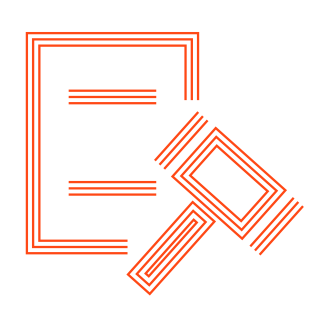Agreement with the Interafrican Bureau for Animal Resources (AU-IBAR)
Agreement between the Organization of African Unity – Interafrican Bureau for Animal Resources and the World Organisation for Animal Health

Agreement between the Organization of African Unity – Interafrican Bureau for Animal Resources and the World Organisation for Animal Health
The monthly newsletter that relays news from the World Organisation for Animal Health (WOAH), as well as from its network and regions. News includes its Members’ self-declarations, articles, upcoming events, publications, communication tools and more. Subscribe to the monthly newsletter and stay informed on the organisation’s latest activities at both global and regional levels.
| Cookie | Duration | Description |
|---|---|---|
| __cfduid | 1 month | The cookie is used by cdn services like CloudFare to identify individual clients behind a shared IP address and apply security settings on a per-client basis. It does not correspond to any user ID in the web application and does not store any personally identifiable information. |
| viewed_cookie_policy | 1 year | The cookie is set by the GDPR Cookie Consent plugin and is used to store whether or not user has consented to the use of cookies. It does not store any personal data. |
| Cookie | Duration | Description |
|---|---|---|
| _gat_UA-190436238-1 | 1 minute | No description |
| _gat_UA-27210936-1 | 1 minute | No description |
| _pk_id.2.ece2 | 1 year 27 days | No description |
| _pk_ses.2.ece2 | 30 minutes | No description |
| _pk_testcookie.2.ece2 | session | No description |
| CONSENT | 16 years 8 months 2 days 15 hours | No description |
| oKBJgxZFRjc- | 1 day | No description |
| XxhSHVdnPFQD | 1 day | No description |
| Cookie | Duration | Description |
|---|---|---|
| IDE | 1 year 24 days | Used by Google DoubleClick and stores information about how the user uses the website and any other advertisement before visiting the website. This is used to present users with ads that are relevant to them according to the user profile. |
| test_cookie | 15 minutes | This cookie is set by doubleclick.net. The purpose of the cookie is to determine if the user's browser supports cookies. |
| VISITOR_INFO1_LIVE | 5 months 27 days | This cookie is set by Youtube. Used to track the information of the embedded YouTube videos on a website. |
| Cookie | Duration | Description |
|---|---|---|
| _ga | session | This cookie is installed by Google Analytics. The cookie is used to calculate visitor, session, campaign data and keep track of site usage for the site's analytics report. The cookies store information anonymously and assign a randomly generated number to identify unique visitors. |
| _gid | 1 day | This cookie is installed by Google Analytics. The cookie is used to store information of how visitors use a website and helps in creating an analytics report of how the website is doing. The data collected including the number visitors, the source where they have come from, and the pages visted in an anonymous form. |
| Cookie | Duration | Description |
|---|---|---|
| __cf_bm | 30 minutes | This cookie is set by CloudFare. The cookie is used to support Cloudfare Bot Management. |
| lang | This cookie is used to store the language preferences of a user to serve up content in that stored language the next time user visit the website. | |
| pll_language | 1 year | This cookie is set by Polylang plugin for WordPress powered websites. The cookie stores the language code of the last browsed page. |
| Cookie | Duration | Description |
|---|---|---|
| YSC | session | This cookies is set by Youtube and is used to track the views of embedded videos. |
